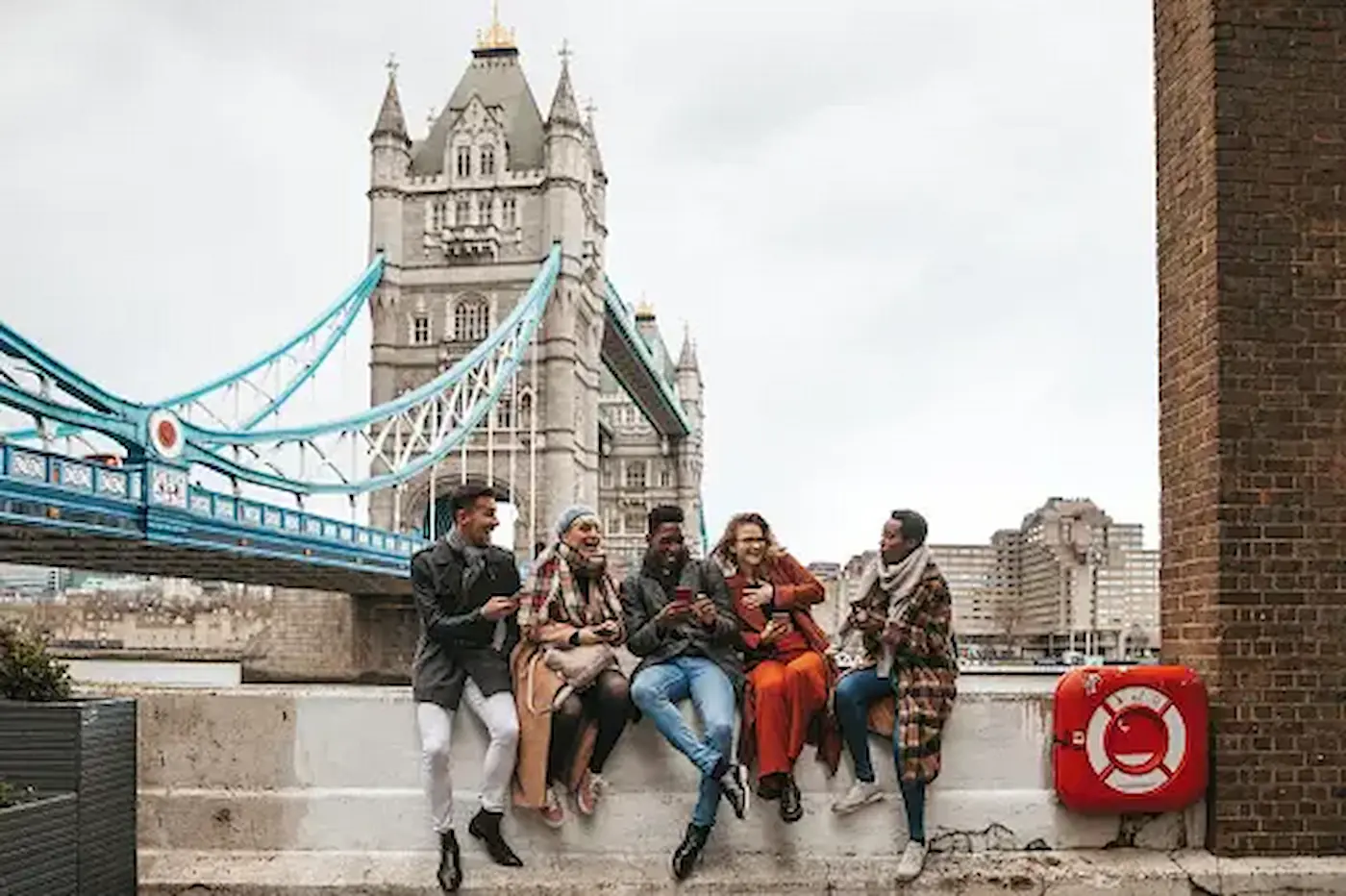
Things to know before traveling to the UK
This page has been reviewed and verified by Michael Gibbons, UK Solicitor and Regulated Immigration Advisor, to ensure accuracy under current UK travel and visa regulations. Confirm your entry requirements via Our UK Visa Guidance.
Before visiting the United Kingdom, it’s important to prepare for entry requirements, travel logistics, and cultural expectations. Whether you’re travelling for business, study, or leisure, this guide covers essential information to help make your visit smooth and enjoyable.
The UK includes England, Scotland, Wales and Northern Ireland — each offering distinct attractions, landscapes, and local customs. Planning ahead ensures you meet visa obligations and get the most from your stay.
Visa and Passport Requirements
Visitors from certain countries must apply for a UK Standard Visitor Visa before travelling. Your passport must be valid for at least six months beyond your planned stay. EU citizens can typically travel using a valid passport or national ID card under specific arrangements, while all other visitors must complete visa paperwork online in advance.
Booking Accommodation
Reserve accommodation well before your trip, especially in peak tourist seasons or during large events in London and Edinburgh. Choose reputable hotels, serviced apartments, or Airbnb stays. Check reviews, cancellation policies, and proximity to public transport. Boutique hotels often provide authentic British hospitality.
Getting Around the UK
The UK has an extensive transport network — including trains, buses, taxis and domestic flights. Trains are the fastest way to travel between major cities, while buses are ideal for budget travel and rural areas. For maximum flexibility, consider renting a car if you plan to explore the countryside or coastal regions. Download travel apps like National Rail or Citymapper to check routes and fares.
Planning Your Itinerary
Allow enough time to acclimate to time zone changes and adjust for jet lag. Combine sightseeing in London with day trips to places such as Stonehenge or Cambridge. Travellers interested in scenic adventures can head to the Scottish Highlands or the Lake District for outdoor activities and historic landmarks.
Packing and Preparation
The British weather can be unpredictable — pack layered clothing, a waterproof jacket, and comfortable shoes for walking. Smart-casual attire is acceptable for most restaurants and theatres. If you’re attending business events, pack formal wear. Carry a small backpack for day excursions and use luggage locks for security.
Electrical Power and Adapters
The UK uses 230–240 volts with three-pin Type G plugs. Bring a universal adapter and voltage converter for electronic devices. Most hotels provide limited charging ports, so it’s useful to carry a portable charger for long journeys.
Currency and Payments
The official currency is the British pound (£). Major credit and debit cards are widely accepted. Cash is recommended for small transactions such as markets, taxis and local cafés. ATMs are easy to find in cities and towns — check with your bank about overseas withdrawal fees before you travel.
Tipping in the UK
Tipping is optional but appreciated. Leave 10–15% in restaurants with table service if no service charge is included. Tipping in pubs or cafés is not expected. For drivers, porters or tour guides, a small cash tip is customary for good service.
Public Transport Tips
Public transport is efficient and safe. In London, use an Oyster card or contactless payment for buses and the Underground. National rail tickets can be booked online in advance for lower fares. Always stand on the right of escalators and let passengers exit before boarding.
Exploring British Food and Drink
Traditional UK dishes include fish and chips, roast dinners, Yorkshire pudding, and English breakfasts. Try local specialties such as Cornish pasties or Scottish haggis. British pubs often serve regional ales, while tea rooms offer cream tea with scones and jam — a must-try experience.
Cultural Etiquette and Local Customs
Respect personal space and privacy. Queueing is an important part of British culture — always wait your turn and avoid cutting in line. Politeness and a simple “please” and “thank you” go a long way. Avoid loud conversation on public transport and keep your belongings secure.
Visitors are expected to follow local laws, including smoking restrictions and alcohol licensing rules. When in doubt, observe how locals behave and mirror their courtesy and manners.
Health and Safety Advice
Carry your regular prescriptions and a small first aid kit. Healthcare in the UK is high-quality but non-residents must have travel insurance that includes medical coverage. For visa-linked healthcare surcharge details, see Immigration Health Surcharge ( IHS ).
Related Guidance
- How to Get a UK Business Visa
- UK Visa Fees 2025
- How Long Can I Stay in the UK with a Business Visa?
- Supporting Documents Guide
About This Page
Author: UK Visa Applications Editorial Team
Reviewed by: Michael Gibbons, UK Solicitor and Regulated Immigration Advisor
Last Updated: October 2025
Did this advice help?
Is there anything wrong with this page?
If so let us know!